We are blessed with the caffeine rich substance that is known as a few things including corporate juice, black energy but most commonly COFFEE! Yes that’s all capitalised because I’ve got an addiction to work and coffee as a by product. I’m one of those that will have more than 5 cups a day and it’s generally the only thing that I’ll crave. But there’s more problems than the occasional sweat or shakes. I watched a video recently on Youtube about coffee farming and it really made me do my research into where my next Latte is coming from. We care about where our trainers are made but “fair trade”, “organic” and “ethical” are thrown at us more frequently now, we should know what they mean. So if you’re fuelled on coffee, have a look at the various terms below and make sure you have a look at what you’re drinking next time you brew up: “Fair Trade” Have you ever wondered where your coffee comes from? Many of us pick up a ready made cup from a barista at a chain cafe or grab a bag or jar of beans at our local supermarket. No questions asked. But it’s important to ask these questions. Why? Because some of the world’s best coffee comes from countries where workers are often exploited and employers are relatively unregulated. When you buy fair trade coffee, you enter into a system which helps to protect the people who have played a role in getting the beans into your cup. Individuals and communities involved in the production of the end product are shown respect and paid a fair wage for their work. The price of fair trade coffee is consequently slightly higher. But that’s because you’re paying the right price for it. Extremely low prices are the result of the exploitation of workers, which results in poor standards of living. These people already work hard enough. Is another person’s suffering worth saving a few pence on each cupful you drink? The price of fair trade coffee is set by the Fair Trade Labeling Organisation. This protects consumers and workers. It ensures that neither you nor the workers are being ripped off. A win-win situation for everyone. “Organic” When you buy organic coffee, you are purchasing a product that is made through organic processes, which are sustainable and much better for the environment. Pesticides, chemical additives, and toxic agrochemicals are rejected in the growth of organic coffee beans. This means the areas in which they’re grown remain clean and non-toxic for the native wildlife, plants, and natural water systems. The land will continue to thrive for generations to come. Rather than becoming run down, desolate and barren. You can purchase these kind of beans from high-end, ethical companies such as honest coffees. Other Benefits As noted above, you help to protect workers and the environment. But there are numerous other benefits associated with fair trade, organic coffee. Firstly, the coffee will taste better and be better for you. Coffee, in general, has seemingly endless health benefits. Coffee beans are loaded with antioxidants and will increase your energy levels. This is great when you need a little extra boost. However, fair trade, organic coffee has even more. The mass demand for coffee means that many companies will churn out extremely low-quality beans at low prices for maximum profit. Organic coffee gives you the best that you can get. It is produced more slowly, meaning that it maintains the maximum amount of nutrients. It is also processed without unnatural fertilizers and pesticides. These would enter your system after consumption.]]>
- Corporate Dad
- Four Seasons Dad
- Four Seasons Golfer
Recent Posts
My 2020 Golf Course List so Far
14/12/2020Teaching my Daughter to Play Golf
30/04/2020
- Golf Course Reviews
Reviews
4.2 rating
4.2/5
3.5 rating
3.5/5
3.7 rating
3.7/5
3.8 rating
3.8/5
1.2k
1
Golf Course Reviews
JCB Golf and Country Club Review
- 01/11/2021
- 6.9K views
3.8 rating
3.8/5
3.8 rating
3.8/5
3.8 rating
3.8/5
3.0 rating
3/5
3.2 rating
3.2/5
Social Links
Recent Posts
Health & Fitness



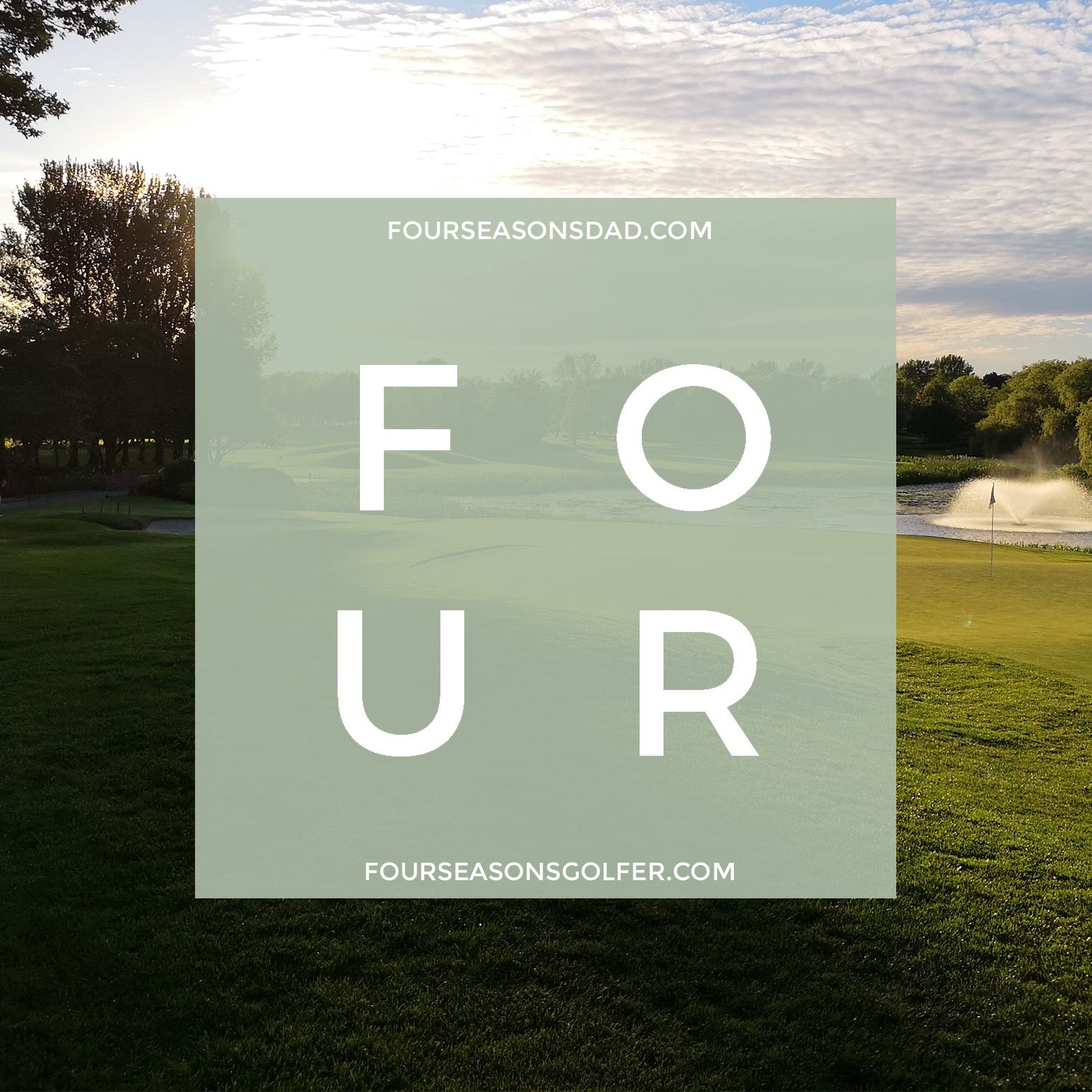
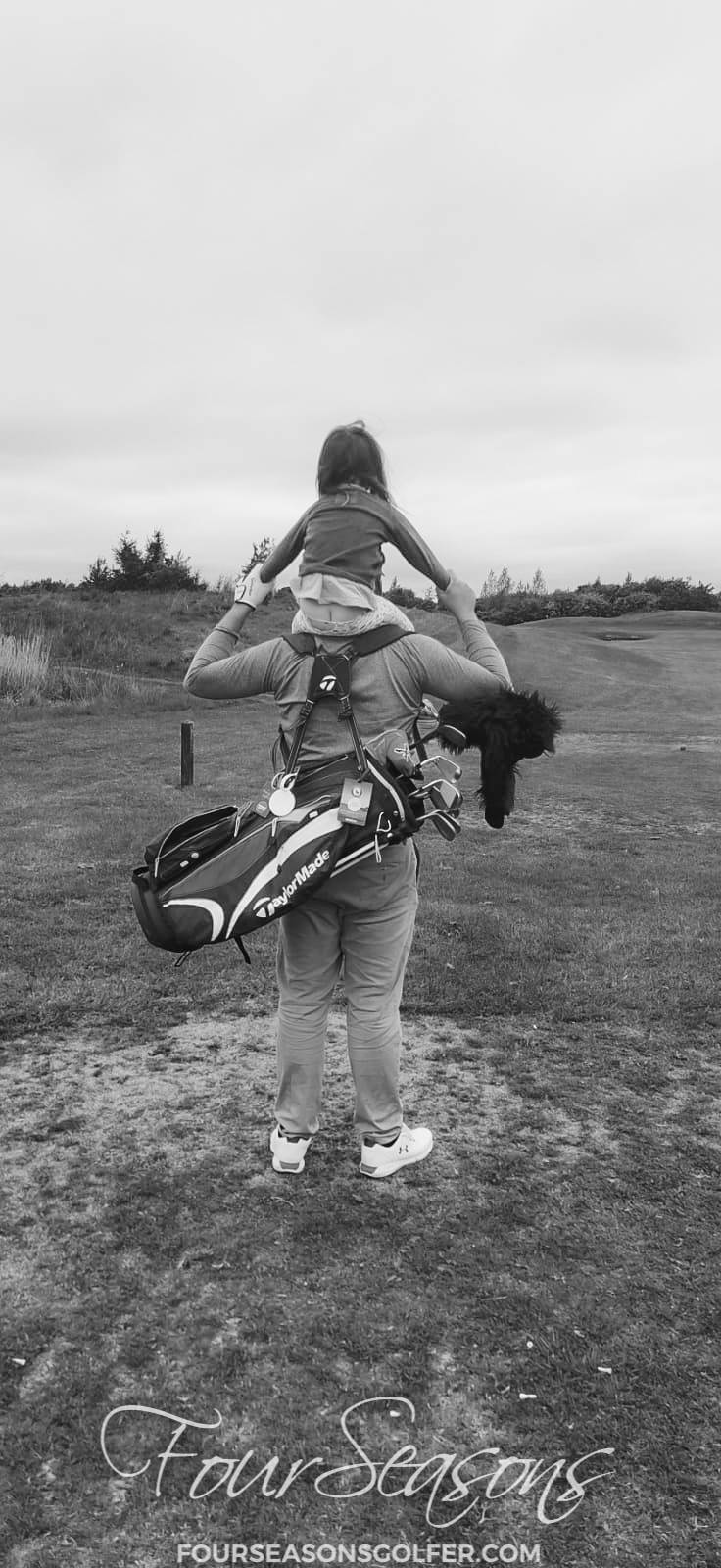
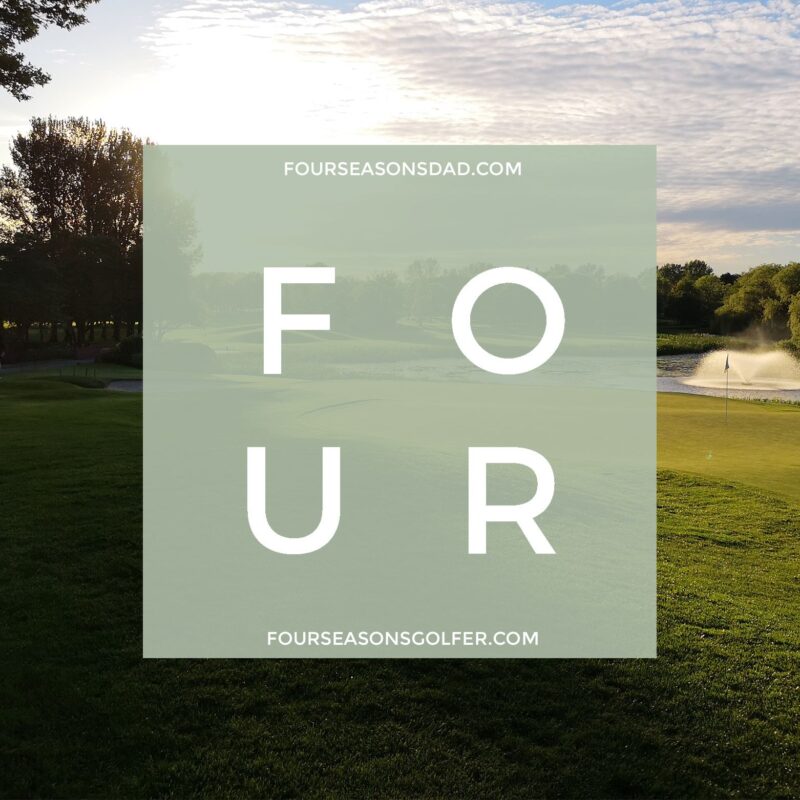

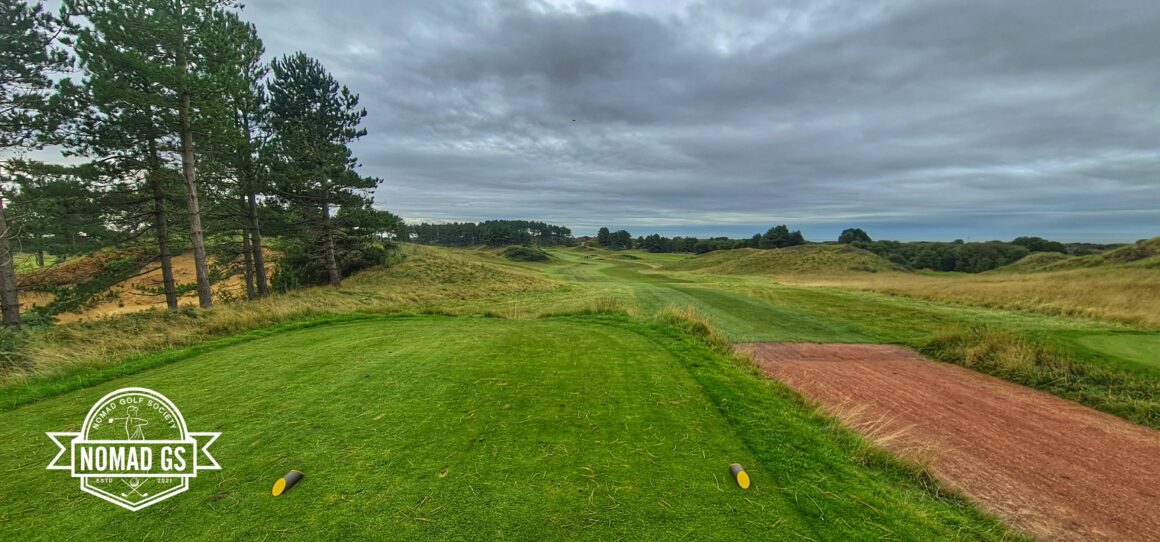
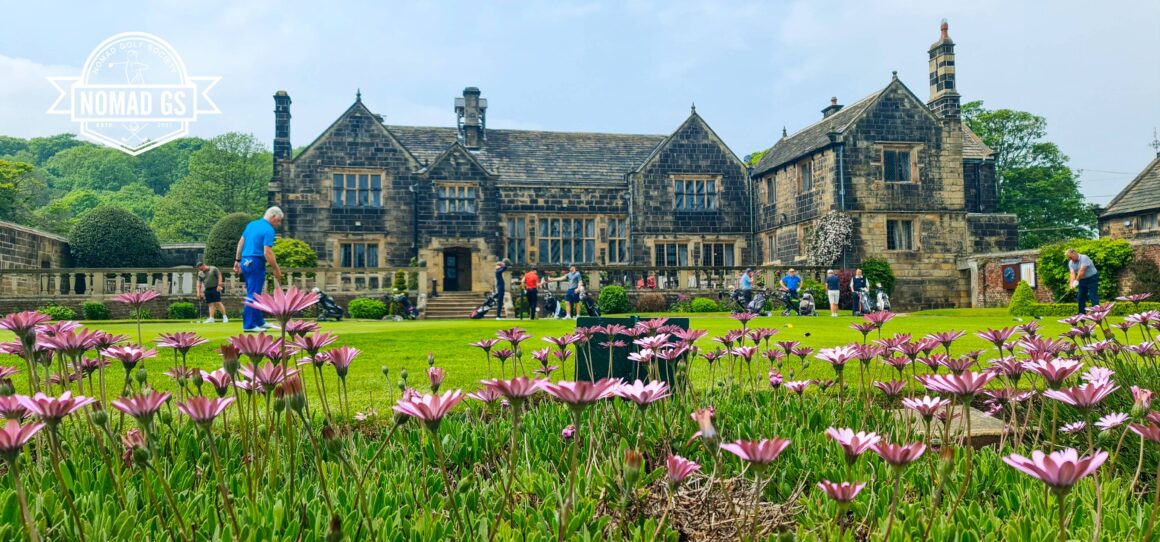

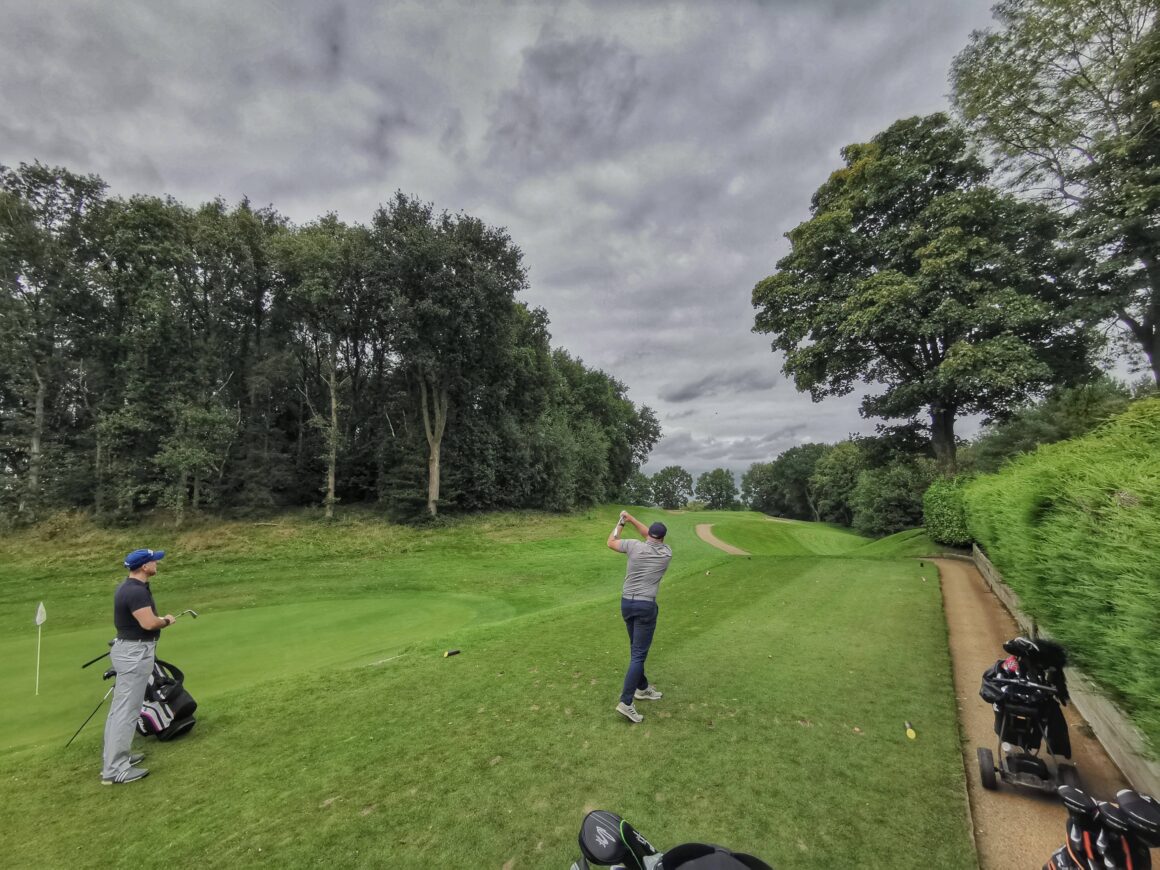
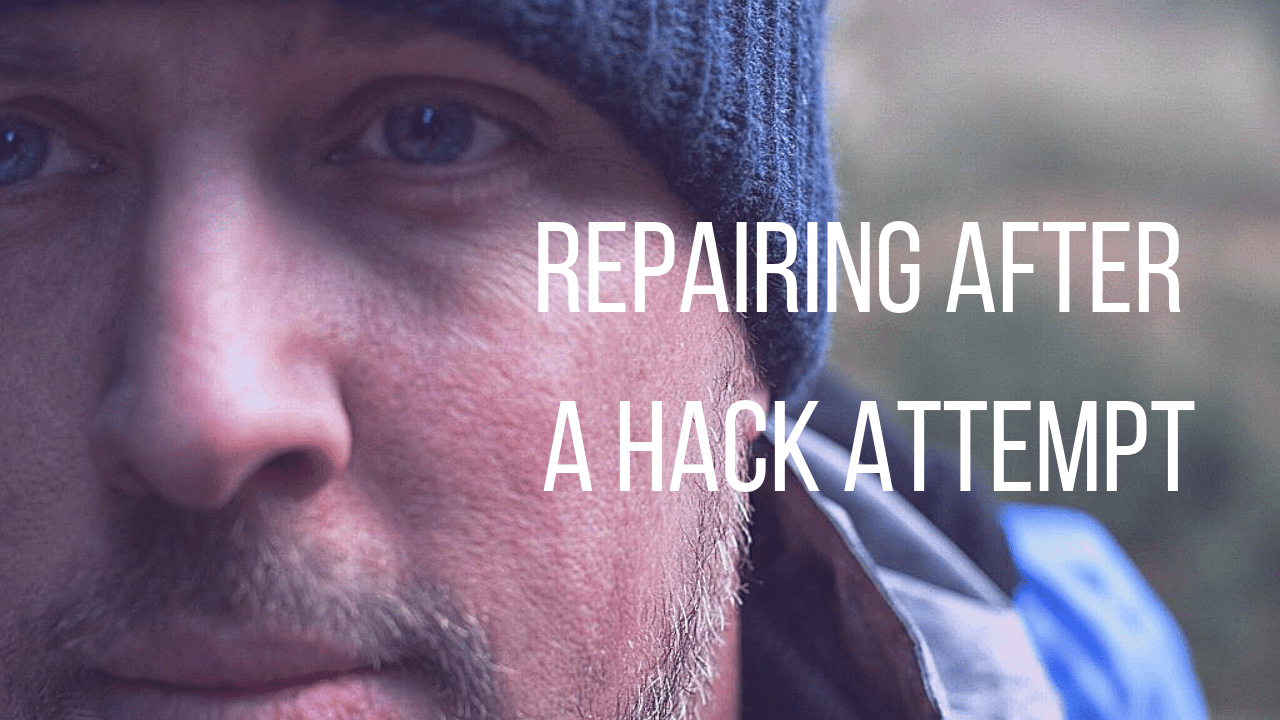
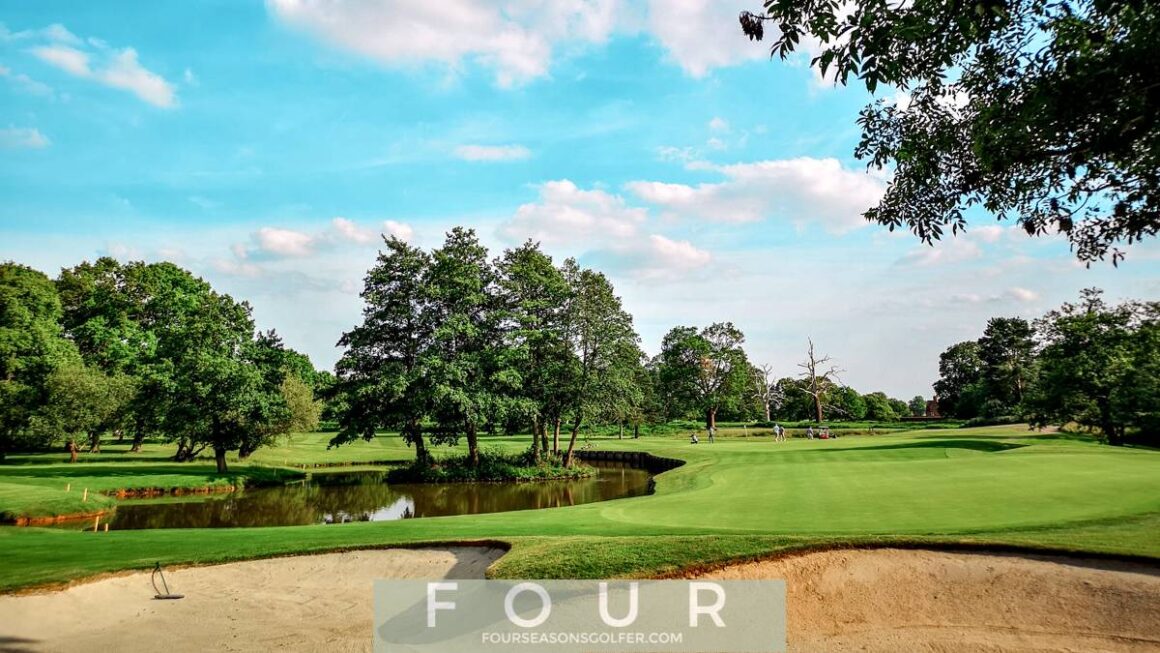
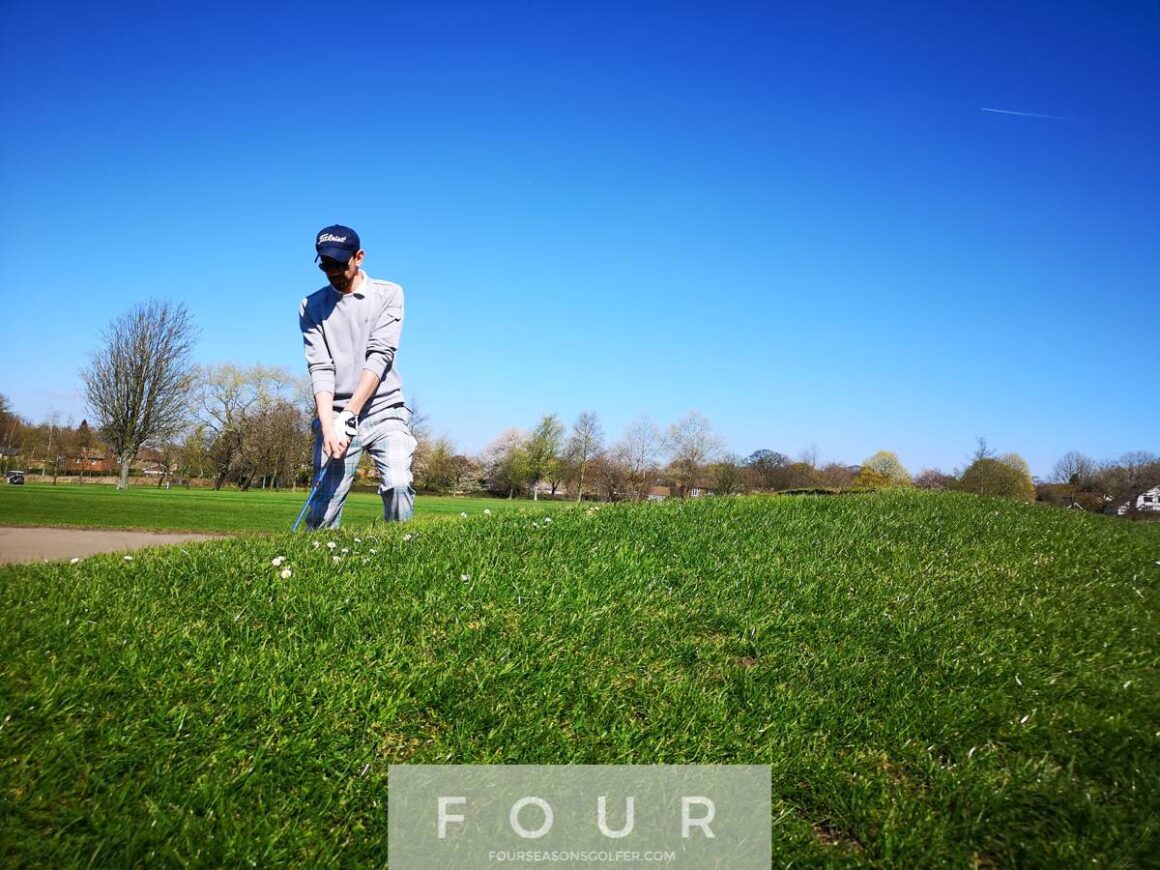
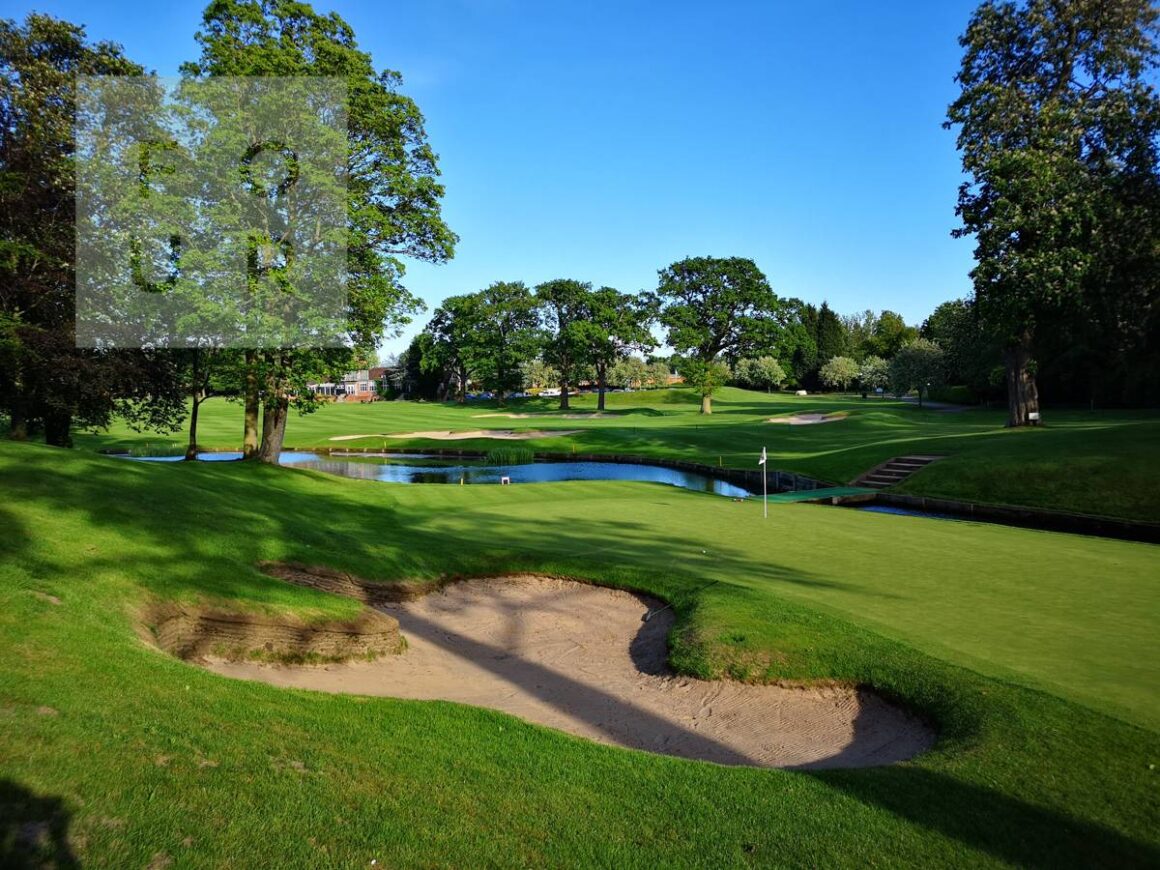

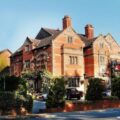


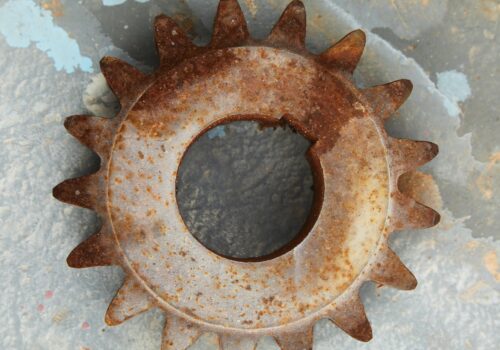
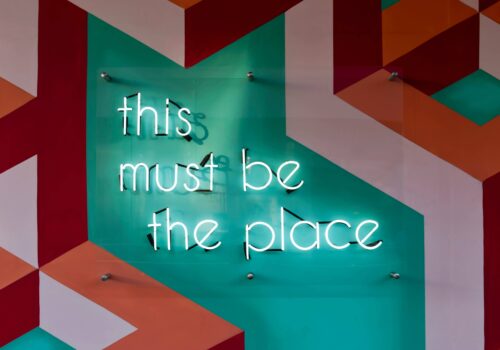
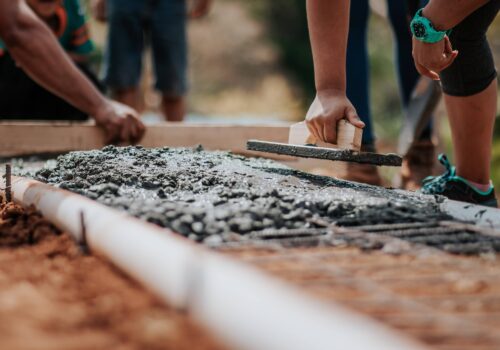
Time to put the kettle on! I do love a good coffee and I buy mine fairtrade too.